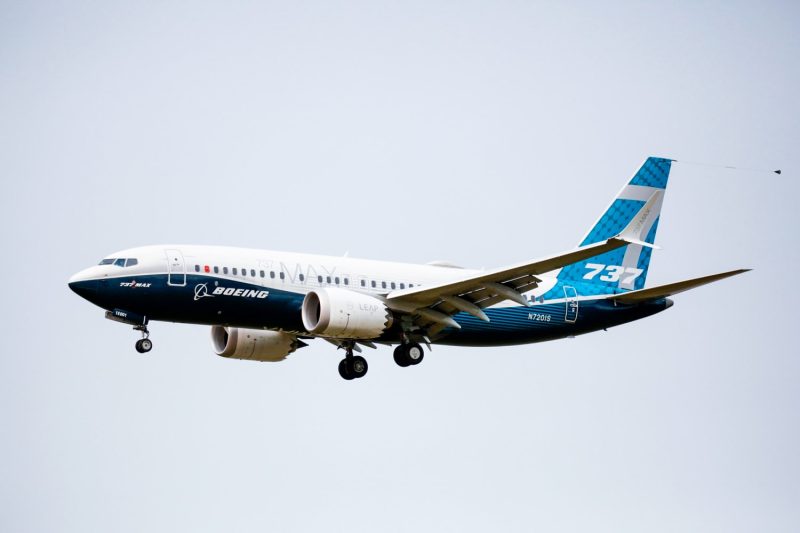The recent decision by a U.S. court to reject the proposed plea deal between Boeing and the Department of Justice (DOJ) over the 737 Max crashes has significant implications for both the company and the aviation industry as a whole. The plea deal, which was reached in January and entailed Boeing agreeing to pay over $2.5 billion in fines and compensation to the crash victims’ families, was seen as a way for the company to avoid criminal charges related to the crashes.
However, the court’s rejection of the deal raises questions about the effectiveness of corporate accountability in cases of such magnitude. The judge overseeing the case expressed concerns that the proposed settlement did not adequately address the criminal conduct that led to the crashes, which claimed the lives of 346 people. This decision sends a strong message that the court is not willing to let corporations like Boeing off the hook easily, especially when it comes to matters of public safety.
The 737 Max crashes in 2018 and 2019 were a result of design flaws in the aircraft’s Maneuvering Characteristics Augmentation System (MCAS), which repeatedly pushed the nose of the planes down, leading to the fatal accidents. Boeing’s handling of the situation, including its failure to adequately inform regulators and pilots about the MCAS system, has been widely criticized as a case of corporate negligence.
By rejecting the plea deal, the court has signaled that it is essential for companies like Boeing to be held accountable for their actions, particularly when those actions have such devastating consequences. The decision also underscores the need for stricter oversight and regulation in the aviation industry to prevent similar tragedies from occurring in the future.
It is now up to Boeing and the DOJ to reconsider their approach and come up with a more comprehensive and satisfactory resolution that addresses the concerns raised by the court. This case serves as a reminder that corporate responsibility and transparency are paramount, especially in industries where public safety is at stake.
Moving forward, it is crucial for all stakeholders, including regulators, manufacturers, and airlines, to work together to ensure that the necessary measures are in place to prevent another tragedy like the 737 Max crashes. The court’s rejection of the Boeing plea deal is a step in the right direction towards achieving greater accountability and safety in the aviation industry.

